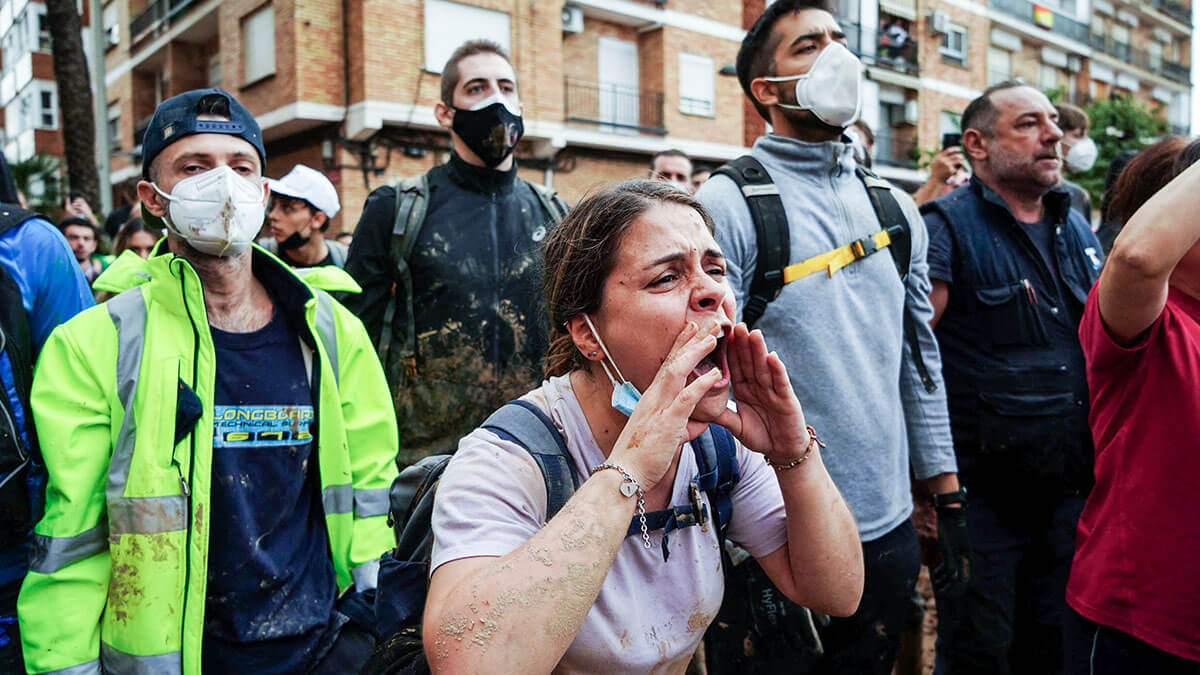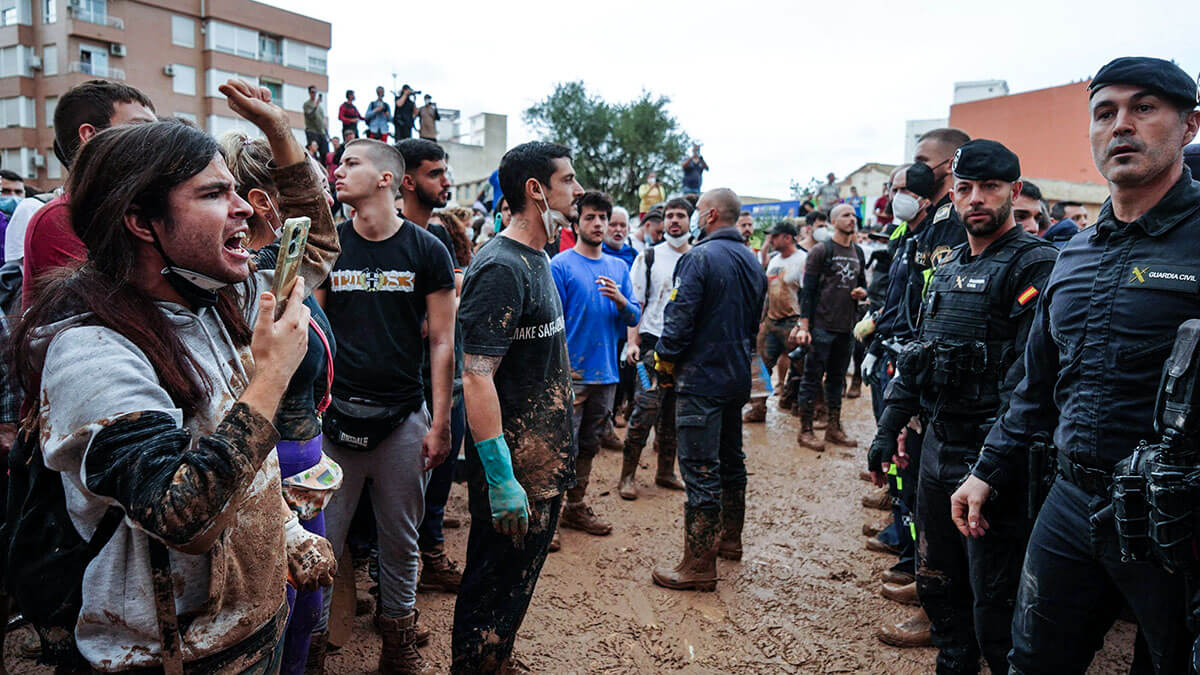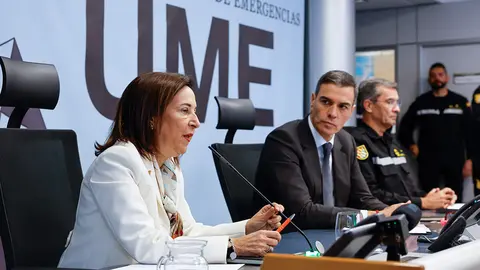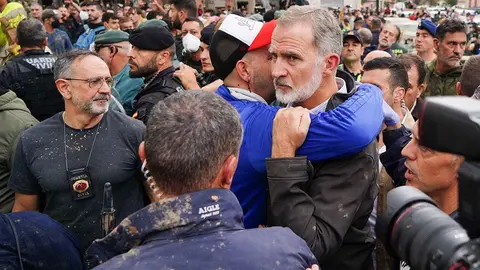Spain needs to regenerate the state

It could result in a social earthquake worse than that which caused the Civil War in the 1930s, or in a beneficial second Transition with the regeneration of the State.
The Spanish state has shown itself incapable of dealing with the catastrophe. Many of the 220 deaths could have been avoided; many of the devastating destruction caused by the savage floods could also have been avoided. When we know the actual number of lives taken - some venture to put the figure as high as a thousand - we will be asking ourselves: how was this possible? What happened?
When people hear of a ‘failed state’, they think of Somalia, Libya, Afghanistan, Haiti or Sudan, because in those countries the state simply does not exist, and if it does exist it does not function. A state is bankrupt when, with its own and other people's resources, it is incapable of helping its population, of educating its children, of caring for its elderly, of feeding its babies, of looking after its citizens' health, of giving its young people a future.
The ‘failed state’ is not a synonym for poor, decadent, or rogue, no; it is not a synonym for lack of structures, of means of communication, of networks, nor is it a synonym for lack of structures, of means of communication, of networks. It simply does not work, it is stuck. For a thousand reasons: corruption, ignorance, arrogance of its leaders, fratricidal struggles, territorial selfishness, kingdoms of taifas, and above all, a grotesque bureaucracy with three million civil servants in which everyone is in charge and no one is responsible. Sorry, yes: the Spanish government is the number one responsible, the others are subsidiaries. And the President of the Government is the most responsible. The head of state is not, because he has no powers; nor are the regional presidents, who only have local powers.

The tragedy we are experiencing these days in Spain is just that: the tragedy of a failed, inept, incompetent State. In the face of which there is only one truth: the solidarity of millions of Spaniards with those affected, with their families, with those who have lost everything except their dignity. The Spanish people show solidarity, the government does not. Firefighters, health workers, police, military, civil guards, volunteers, the people of towns and cities, are with the victims; the State is absent.
The violence with which the people in Paiporta welcomed the ‘official retinue’ is fully justified. It was not terrorism, but indignation and rage against those responsible, and first and foremost against Pedro Sánchez. The president says that ‘the majority of citizens are with him’. Not so: the majority of Spaniards are with those who are suffering.
Today more than ever it is necessary to regenerate the state. Spain's political transition half a century ago was necessary to move from a dictatorial system to a participatory, democratic and representative one. Today the problem is different. The Transition gave way to a bureaucratic army in which responsibility is diluted; to constitutional rules that have multiplied the centres of power and created eighteen administrations (15 of Autonomous Regions, 2 of Autonomous Cities and 1 Central) in which political parties, trade unions and civil organisations place their employees and ‘make money’.
All this must be changed today. It is not a question of ‘erasing the past’, but of catching up. The most devastating revolution in history, the Russian revolution of 1917, was sustained by the Red Army, which was joined by 48,000 former officers of the Tsarist army and 214,000 former non-commissioned officers. The Catholic Church, with a past of two millennia of light and shadow, did so with the ‘aggiornamento’ at the Second Vatican Council.

Spain needs to do so, so that the dead have not been useless, so that their families and friends mourn them as heroes, not as sacrificed. Felipe VI empathised with the people thanks in part to his wife Letizia; but the King had no responsibility, although he could have stood firm and demanded a swift reaction from the state. Instead, Pedro Sánchez ducked at the first stone. Had he not done so, he risked being lynched, because he did bear responsibility for the paralysis and neglect.
Regenerating the state will take time. It needs new faces, new blood and an extraordinary dose of bureaucratic purge. Half the bureaucracy is redundant, half the administrations too. And it remains to be seen whether the current system of political representation is the most appropriate, whether the current State of Autonomies is the right one.



